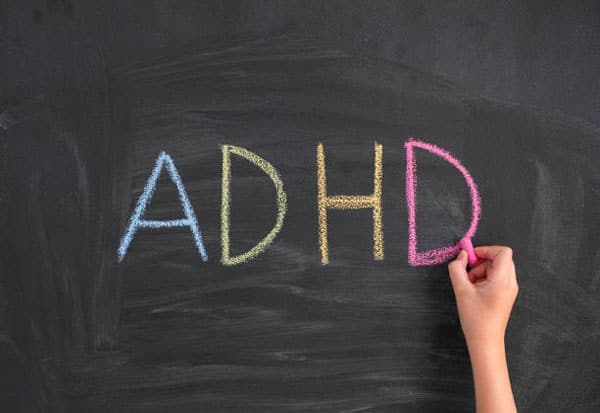/
செய்திகள்
/
Kalvimalar
/
News
/
For people with ADHD, medication can reduce risk of accidents, crime, suicide
/
For people with ADHD, medication can reduce risk of accidents, crime, suicide
For people with ADHD, medication can reduce risk of accidents, crime, suicide
For people with ADHD, medication can reduce risk of accidents, crime, suicide
UPDATED : ஆக 16, 2025 12:00 AM
ADDED : ஆக 16, 2025 10:20 PM

Sydney: (The Conversation) Attention-deficit hyperactivity disorder (ADHD) is a neurodevelopmental condition affecting around 7 per cent of children and 2.5 per cent of adults.
ADHD causes difficulties with sustaining attention over time. People with ADHD also experience hyperactivity and impulsiveness, making it hard to plan, coordinate and stay engaged in tasks. It is linked to problems at work, school and home, and higher rates of mental illnesses such as anxiety. It is also associated with long-term harms.
Stimulant medication, such as methylphenidate and dextroamphetamine, is the most common treatment for managing ADHD symptoms. Most people with ADHD respond to at least one medication.
New research published in BMJ points to additional long-term benefits. It found that people with ADHD who took medication were less likely to have suicidal behaviours, transport accidents, substance misuse issues, or be convicted of a crime.
The study tracked 1.48 lakh people newly diagnosed with ADHD in Sweden between 2007 and 2018. Within three months of diagnosis, 56.7 per cent had started drug treatment, with methylphenidate being the most common.
Medication was associated with reduced rates of a first occurrence for four outcomes: 17 per cent reduction for suicidal behaviours, 15 per cent for substance misuse, 12 per cent for transport accidents and 13 per cent for committing a crime.
Stimulant drugs were associated with lower rates across all outcomes compared with non-stimulants. However, as prescribing rates increased nearly fivefold between 2006 and 2020, the observed benefits weakened, researchers said.
Experts noted medication should be part of a broader treatment plan that includes psychological supports for emotional regulation and organisational skills. (The Conversation)


